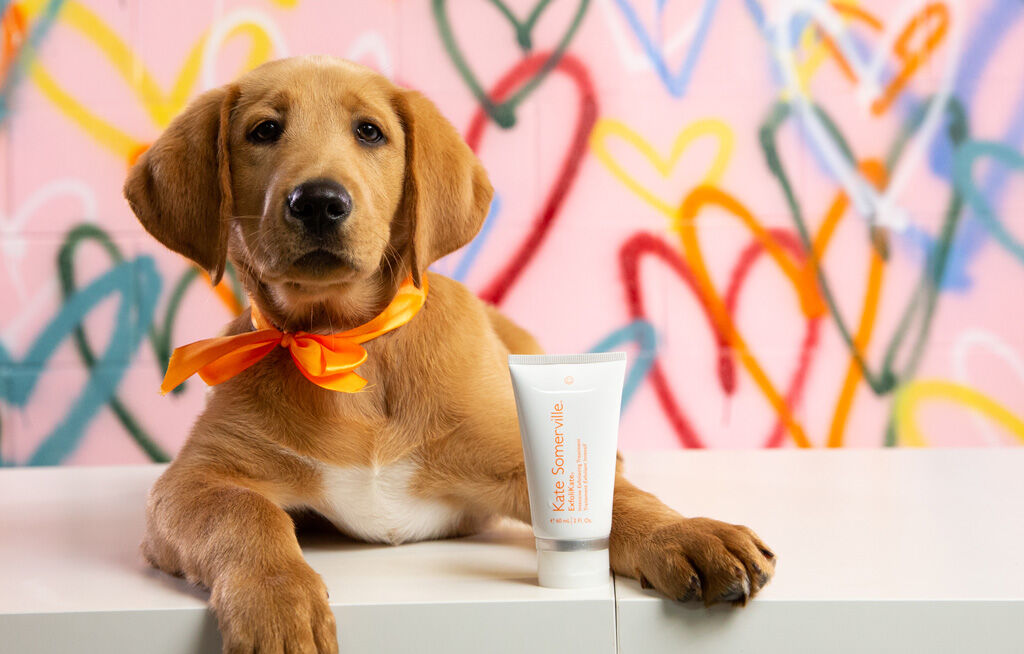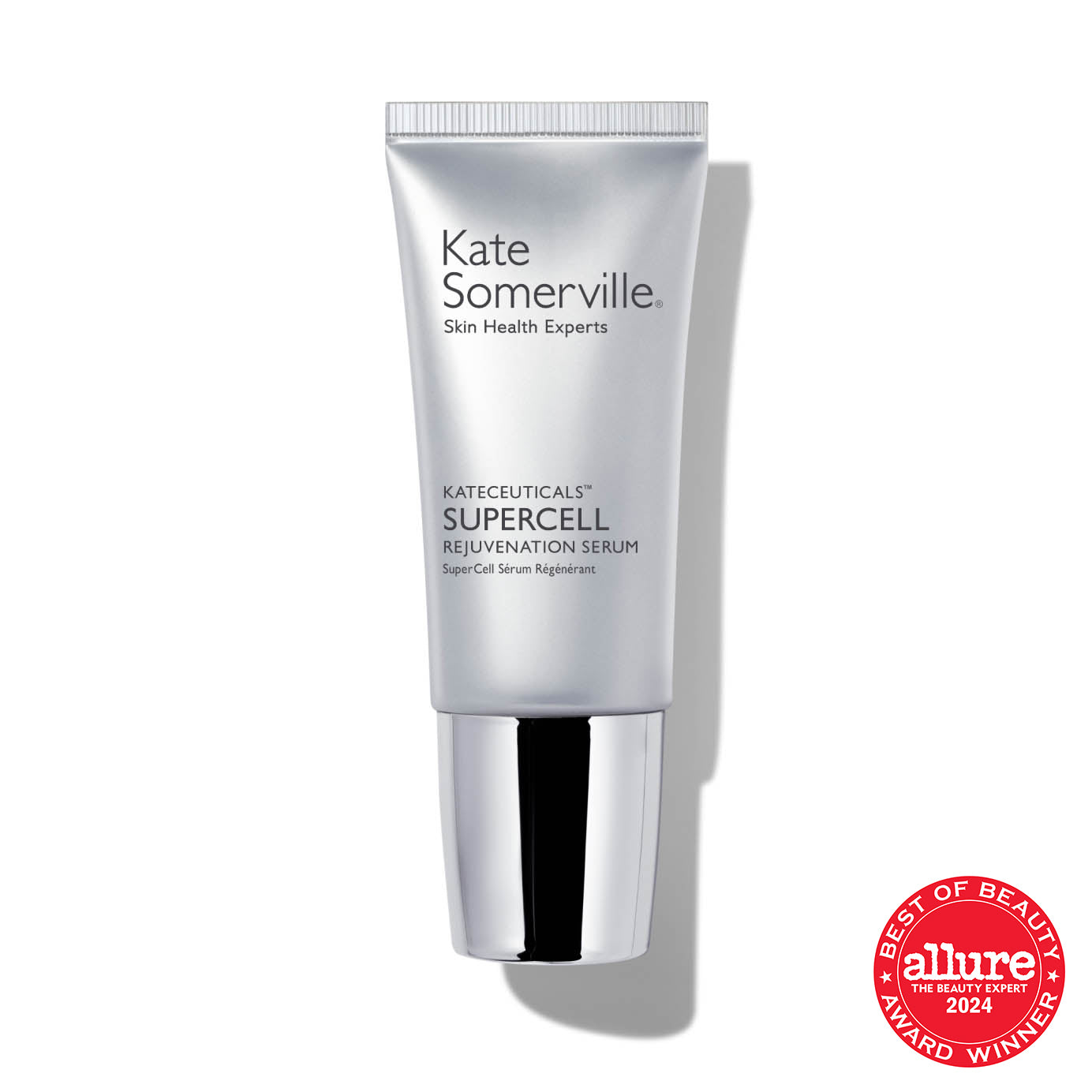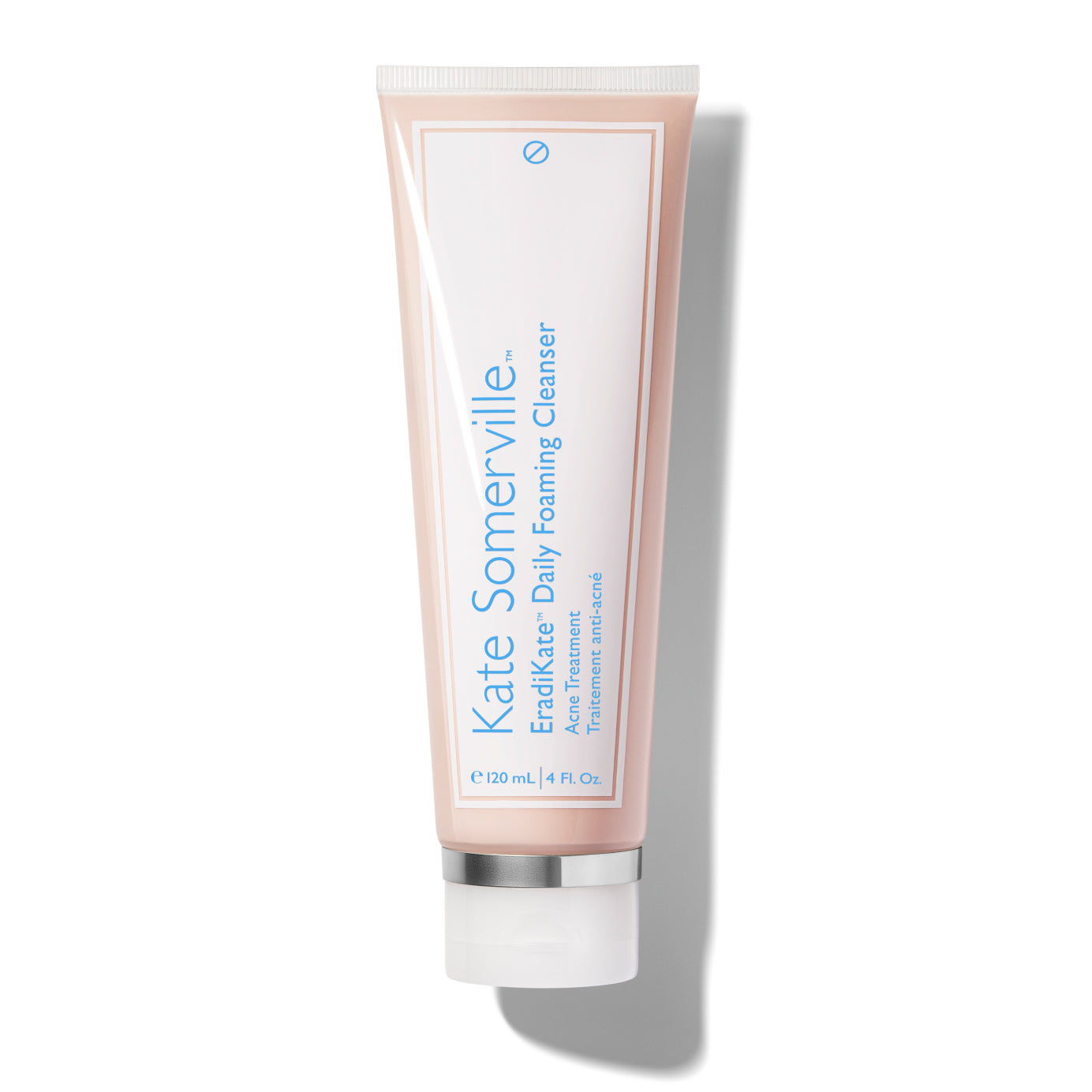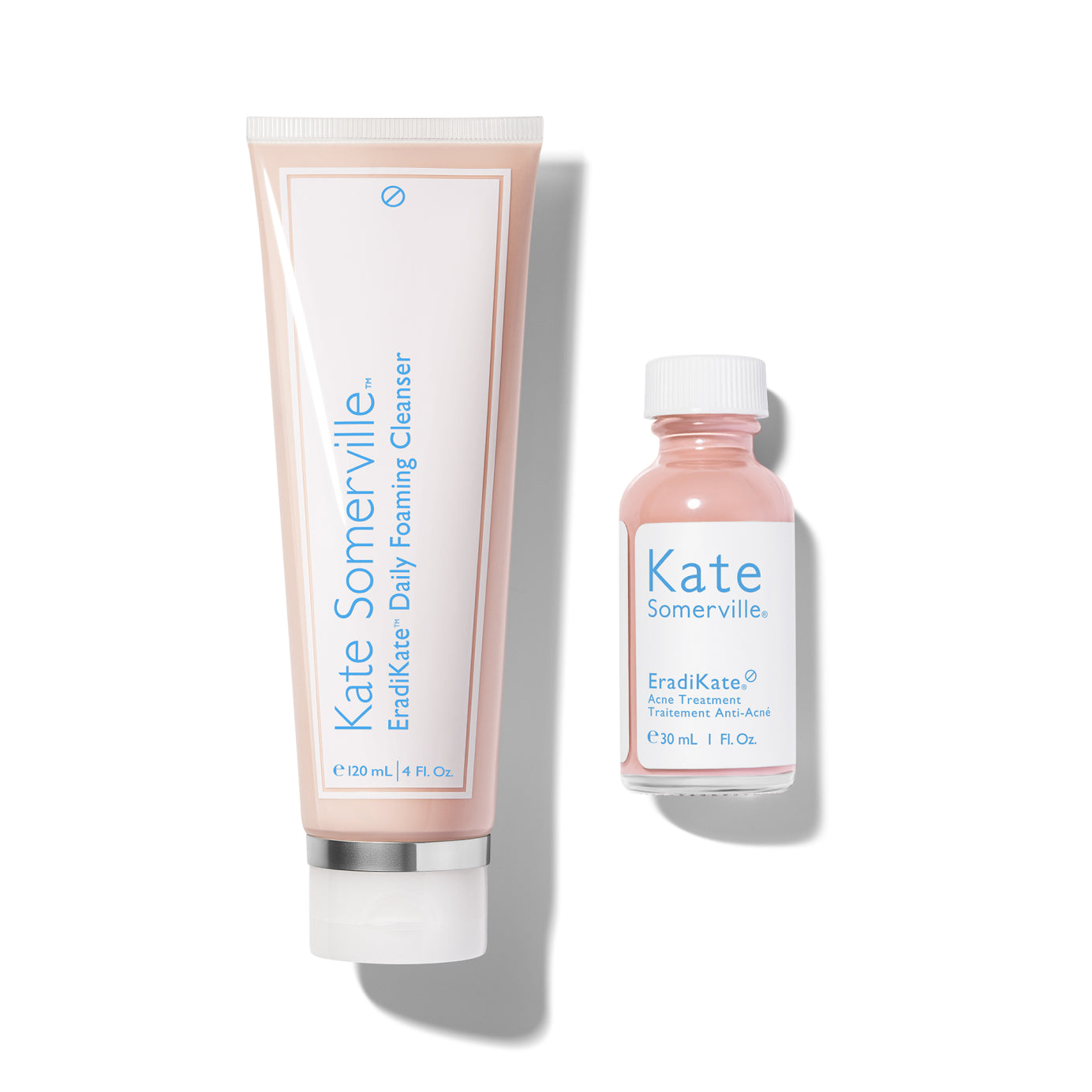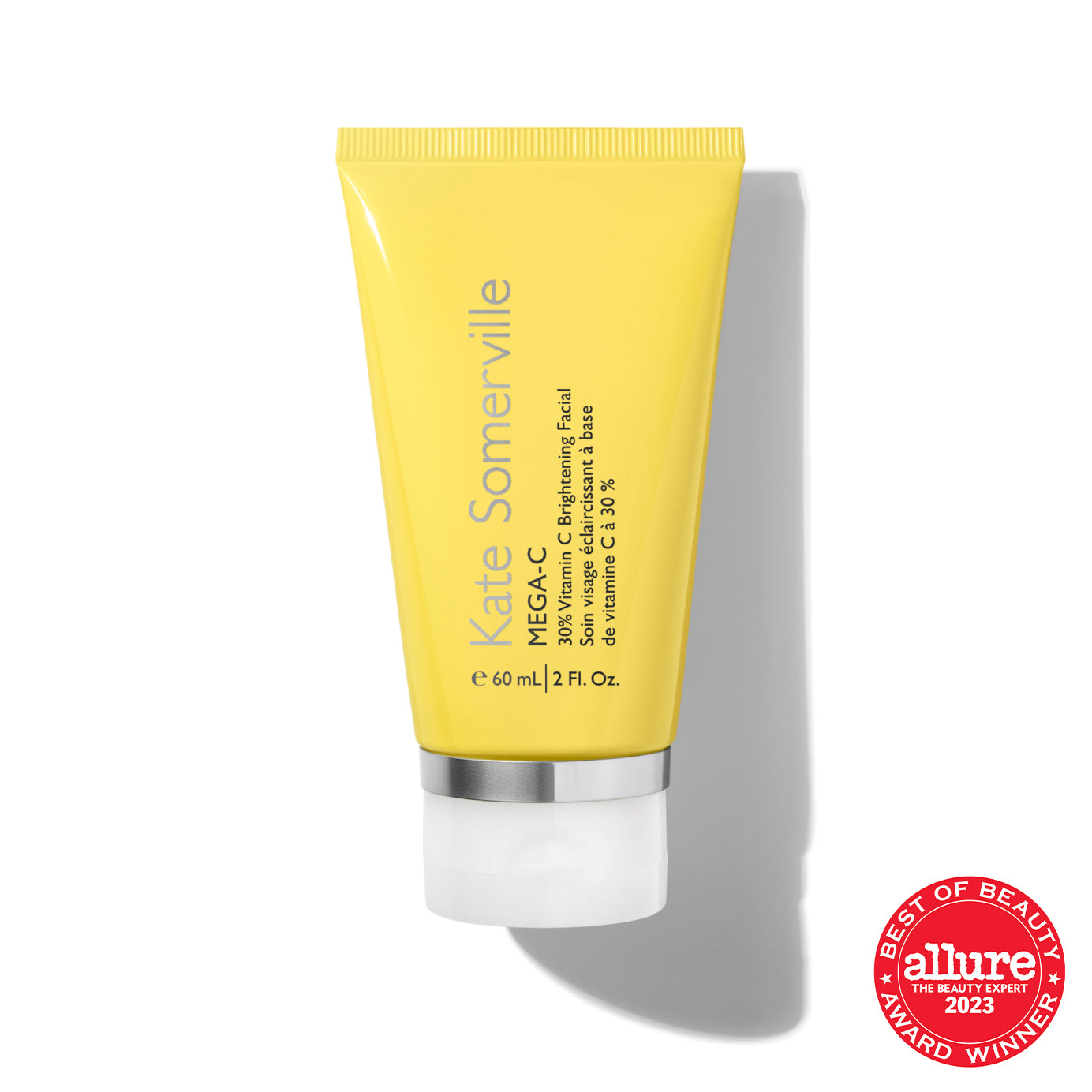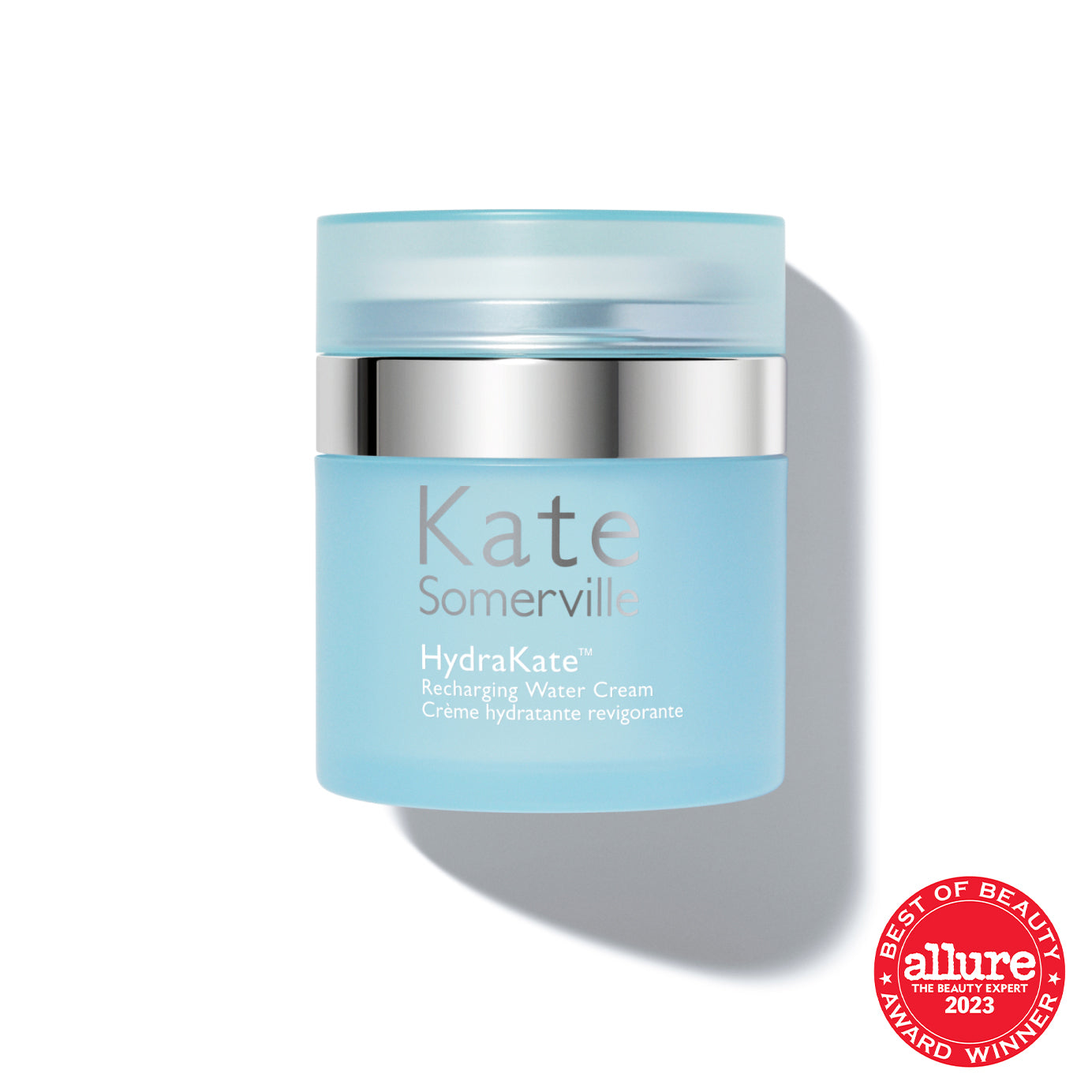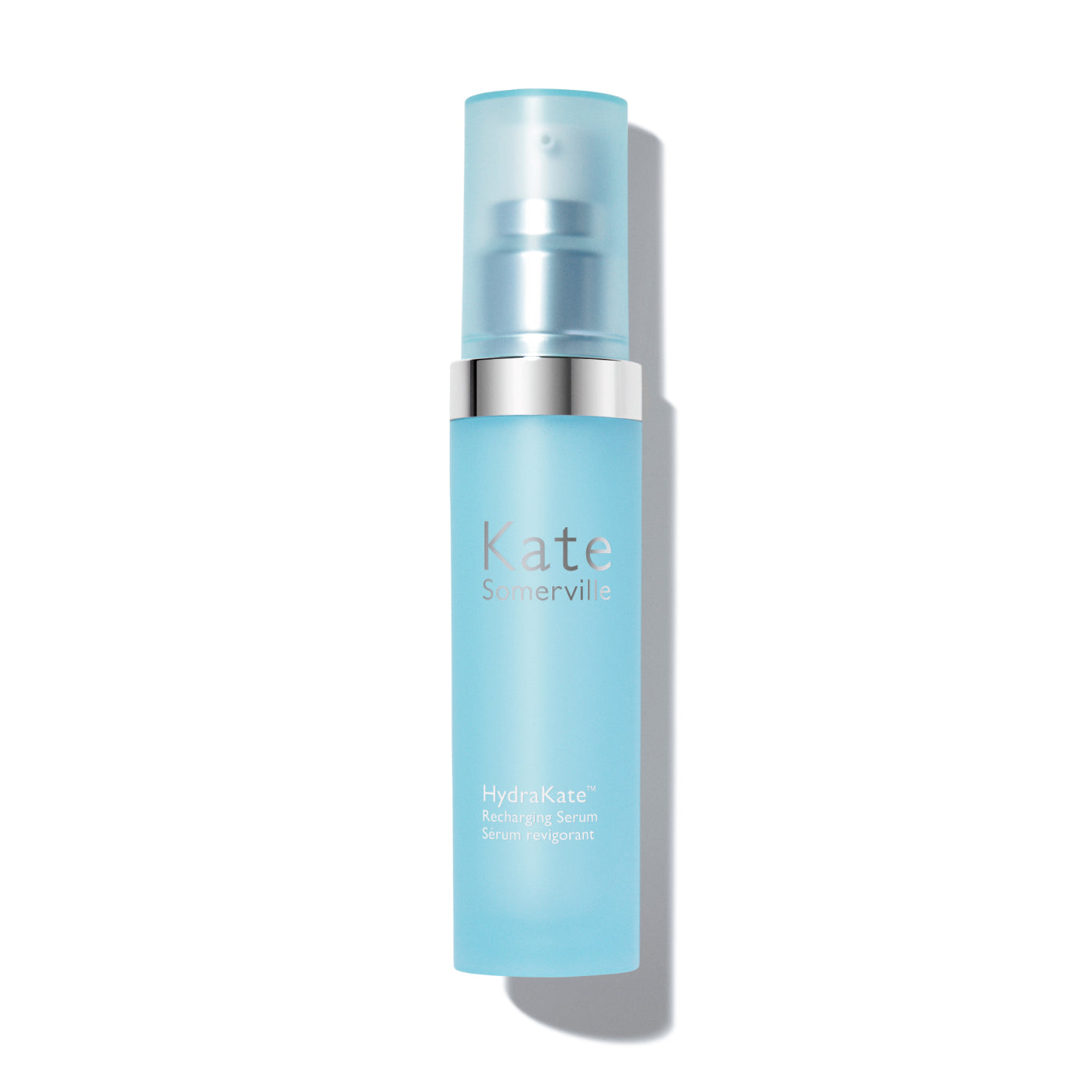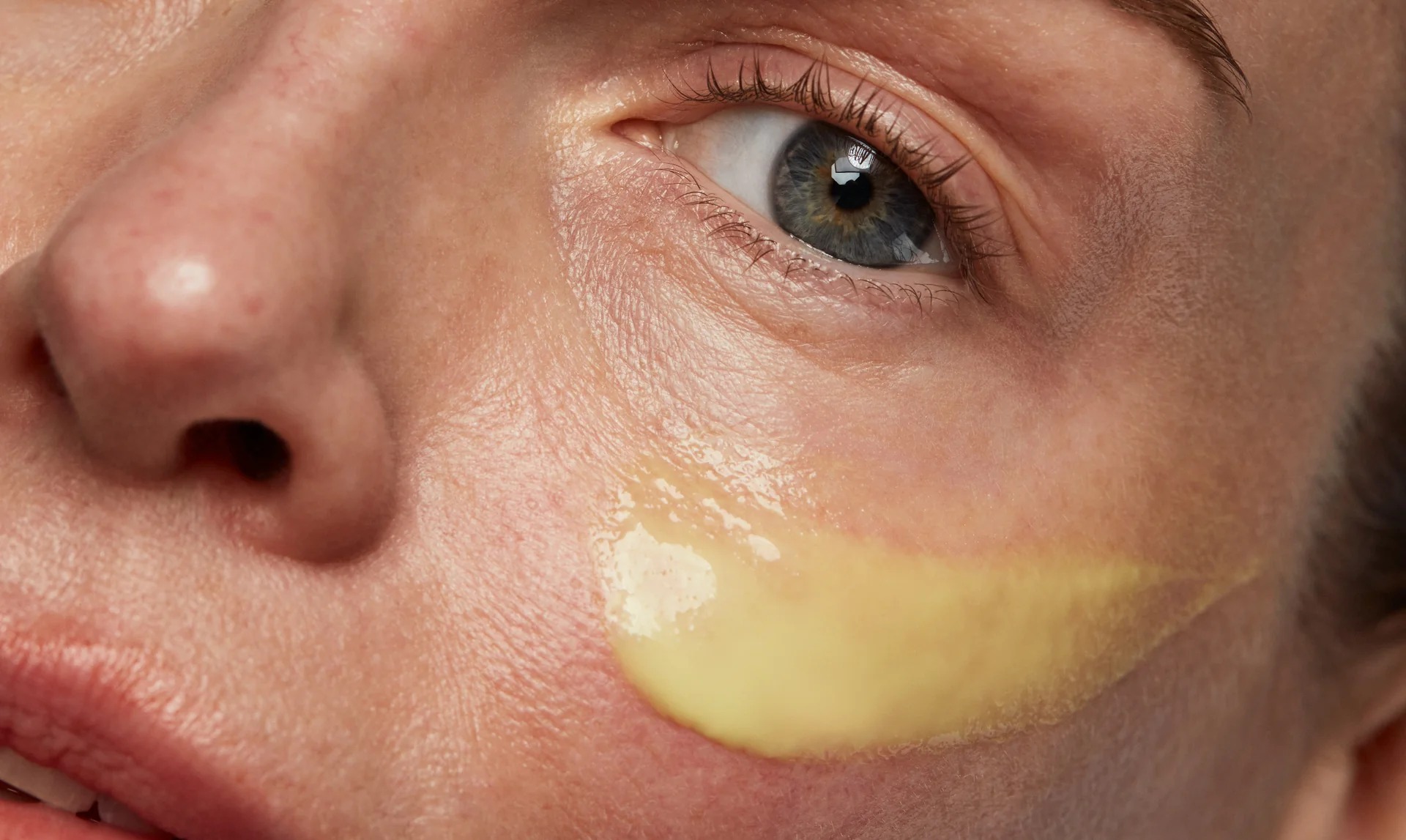Though many consumers think it is an issue of the past, cosmetic testing is still an accepted practice within the industry. However, because of the efforts of a number of organizations such as People for the Ethical Treatment of Animals (PETA) and Humane Society International, many consumers have become more aware that such testing is still being carried out around the world. As a result, more and more people are choosing to buy cruelty-free products. But the truth is that the conditions and treatment of these animals is not the only reason to seek out cruelty-free products, though it may be one of the most important. For this, and the reasons below, Kate Somerville has committed to utilizing alternative testing methods to ensure the safety of our products while still offering premium skincare. So let’s jump into what cruelty-free means, but more importantly why it’s important to switch to cruelty-free products.
1. Animal Testing is Harmful
Let’s start with the most obvious reason to switch, animal testing is cruel. There is no doubt about it. In the cosmetics industry, a typical animal test involves subjecting lab animals to skin irritation, eye irritation, and force-feeding tests. During irritation tests, chemicals or ingredients are either rubbed onto the animal’s shaved skin or dripped into their eyes to determine if it will cause a reaction. Force-feeding tests, on the other hand, last weeks or months and require animals to orally ingest the chemicals being tested to look for signs of illness or specific health hazards, such as birth defects or cancer [1].
2. Animal Testing is Unnecessary
There are hundreds of thousands of existing chemicals and ingredients with readily available safety data which can be used to develop new products. When companies choose to use these ingredients rather than developing new ones, animal testing becomes wholly unnecessary. In fact, this is how many cruelty-free brands operate.
3. There are More Effective Alternatives
In reality, animal testing is an antiquated method of testing that is far less accurate in predicting the effects of a product or ingredient on human skin types than other modern techniques. Such alternatives include cell and tissue cultures as well as developing sophisticated computer and mathematical models [2]. A recent development from Harvard’s Wyss Institute known as Human Organs-on-Chips [3] is a promising option. The chips mimic the structure and function of human organs which allow scientists and researchers to conduct drug, ingredient, and toxicity testing in a more controlled, less harmful manner. Some companies have even taken to conducting studies on human volunteers that are able to comprehend and agree to any risks involved.
4. It’s More than “Lab Rats”
When many of us think of animal testing, images of rats in cages come to mind. And while testing on even a rat is inhumane, unfortunately, there are many more types of animals used in some animal testing facilities. These animals could include mice, guinea pigs, hamsters, rabbits, and sometimes even cats and dogs. Many of these animals are the ones that we protect with abuse laws as pets, so allowing companies to run tests on animals seems hypocritical.
5. There are Thousands of Product Options
If you thought you would have to switch to off-brand products in order to become a cruelty-free consumer, you are wrong. Many best-selling skin care and makeup brands are choosing to become, or may have always been, cruelty-free which means you will have plenty of options to choose from. You can find everything from cleansers and moisturizers to acne treatments and serums. You might think that you’d be compromising premium skincare for ethical values, but there are brands like Kate Somerville that are dedicated to delivering quality skin care without running tests on animals. The makeup and skin care products you are already using may even be cruelty-free and you don’t even realize!
6. It’s Easy to Find
Thanks to initiatives like the Leaping Bunny Program and Beauty Without Bunnies, and others like them, it is now easier than ever to find cruelty-free products and brands. These programs have created searchable databases and certifications to help consumers like you quickly find whatever you need, cruelty-free. Whether you’re looking for anti-aging cream or an overnight serum, these programs make it easy for you to make the switch to cruelty-free products.
7. It’s Healthier
Cruelty-free products are generally cleaner as they use less toxic ingredients than their animal tested counterparts. Some cruelty-free brands even use completely natural ingredients. Our skin absorbs everything we expose it to so slathering on products that are formulated with toxic chemicals, parabens, and sulfates can have a negative impact on your skin.
8. You Vote with Your Wallet
Unfortunately, animal testing is still legal in many countries around the world including the United States. Despite multiple attempts to get the Humane Cosmetics Act [5], a bill that proposes a ban on cosmetic testing passed into law it has never been successful. But electing to purchase cruelty-free products makes a difference and sends a message to manufacturers, legislators, and brands that are not yet abiding by these regulations that we as consumers will no longer stand for harmful animal testing.
At Kate Somerville, we are committed to the safety of our customers and our communities which is why we have dedicated ourselves to practicing cruelty-free testing throughout the development of our products. Recently, we applied for and received PETA’s cruelty-free certification in an effort to reassure our customers of this promise. Thanks to our commitment to cruelty-free testing here at Kate Somerville, we love that our customers can shop with confidence when purchasing any of our skin care products.
Sources:
- https://www.hsi.org/news-media/about_cosmetics_animal_testing/
- https://www.epa.gov/saferchoice/safer-ingredients
- https://www.peta.org/issues/animals-used-for-experimentation/alternatives-animal-testing/
- https://wyss.harvard.edu/technology/human-organs-on-chips/
- https://www.govtrack.us/congress/bills/115/hr2790

